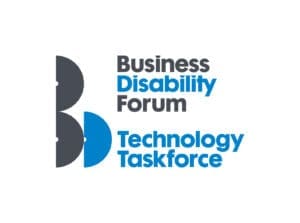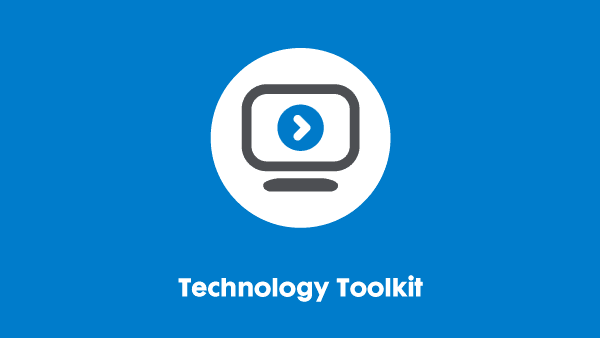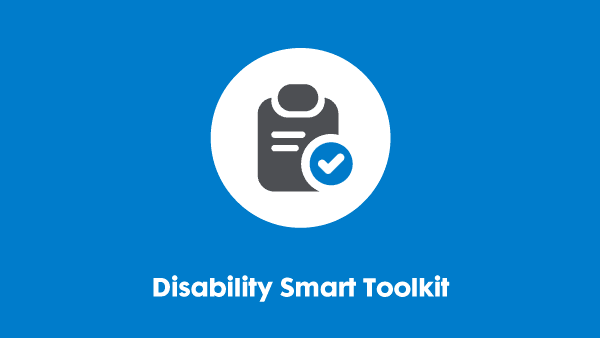Last updated: 4 August 2025
Accessibility Champions and Sponsors
This resource was created by our Technology Taskforce, a group of senior IT accessibility individuals from leading UK and global organisations. For more information, including how to join, see our website.

Introduction
In order for an organisation to move their accessibility agenda forward, it’s important to have Accessibility Sponsors and Champions. These roles can be held by people who focus on the Accessibility/Disability space, or by people who hold other positions within the organisation and play this role in addition. The Accessibility Sponsors and Champions work together to ensure the organisation has clear strategies and goals, and are making tangible progress towards those goals.
Although this guide is for Accessibility Sponsors and Champions, we would also recommend that you look to adopt a similar approach for other areas of your business such as facilities, recruitment etc. The more you embed this approach across your organisations, the more likely you are to succeed.
The Accessibility Sponsor
The Sponsor is usually someone at the Executive level within the organisation. This person (or people) actively engages with internal and external experts to set the accessibility strategy and goals for the organisation.
What does an Accessibility Sponsor do?
- They help to create and support the business case for accessibility and ensure appropriate funding is allocated.
- They also help to prioritise goals and objectives to ensure the most beneficial and important objectives are met first.
- And, lastly, the Sponsor acts as an escalation point to remove barriers and overcome hurdles that are encountered as the organisation works to execute the objectives.
The Accessibility Champion
The Champion is usually someone within the management team, but closer to the day-to-day running of the organisation. They are essentially ‘the voice’ of disabled people, bringing experiences together, in line with the business’s overall values and strategy.
This person (or people) works with the Sponsors to provide input into the strategy and goals. Once the goals, objectives, and priorities are defined, the Champion helps to make them happen.
What does an Accessibility Champion do?
- They work with various departments and potentially, other area Champions, to ensure tasks are clearly defined, progress is tracked, and goals are met.
- The Champion provides visibility and awareness to the work being done and the status of that work.
- They also validate that the results of the work meet the business cases that were originally put forward.
- When necessary, the Champion will escalate any barriers or hurdles to the Sponsor to get support.
What makes an Accessibility Sponsor or Champion?
Sponsors and Champions are:
- Passionate about the topic
- Keen to learn
- Good at collaboration and facilitation
- Proactive
- Pragmatic
- Points of contact for accessibility questions/suggestions
- Executive- or Board-level (Sponsor)
- Closer to the day-to-day operations (Champion).
Sponsors and Champions are not:
- Doing it because they have been told to
- The only individual responsible for implementing initiatives
- (Necessarily) technically knowledgeable about accessibility
- Afraid of challenges
- A crusader / blocker
- Reactive
- Dogmatic.
Sponsors and champions working together
Sponsors and Champions should work closely together. They should also partner with other Sponsors / Champions within the organisation and with industry experts outside the organisation.
There will be some overlap between the Sponsor and Champion role, and that’s okay. The Sponsor should take the lead on things like:
- Strategy
- Priority
- Funding.
The Champion should take the lead on things like:
- Implementation
- Sustainability
- Status tracking.
Having the right individuals in these roles very often means the difference between talking about accessibility and making tangible progress towards a more accessible organisation for your employees and customers.
If you require this content in a different format, contact enquiries@businessdisabilityforum.org.uk.
© This resource and the information contained therein are subject to copyright and remain the property of the Business Disability Forum. They are for reference only and must not be copied or distributed without prior permission.

